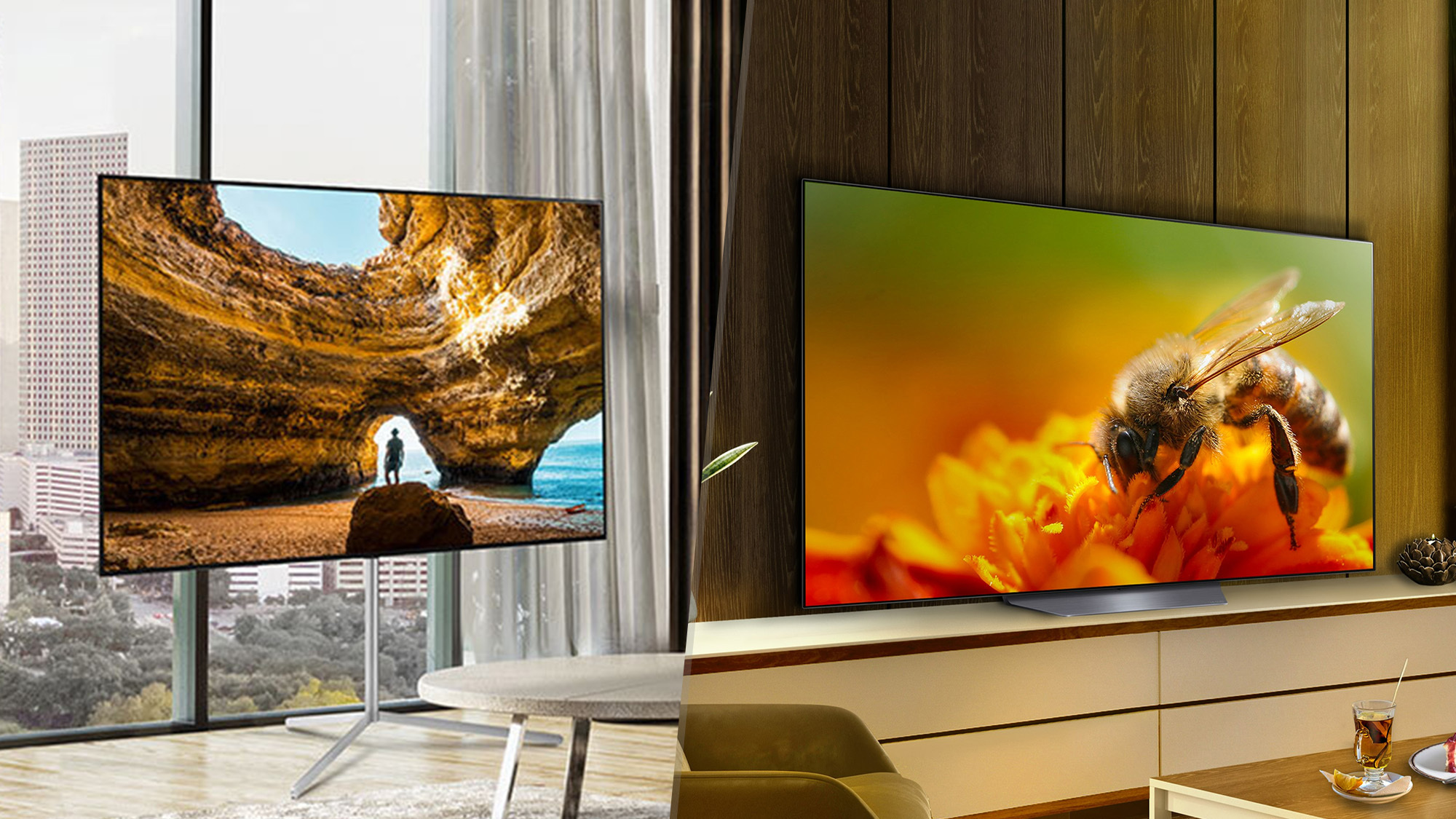
TVs nowadays cost an arm and leg to procure, making early Black Friday TV deals all the more worthwhile. But what if I told you some of the best LG TVs actually come in at quite the bargain? That's where the LG B series OLEDs come in.
New for this year, the LG B4 OLED has arrived with stunning potential. Of course, it's no LG C4 OLED — nor even a C3 OLED at that — but the B4 without a doubt provides ample coverage in specs and performance for a wide range of entertainment categories.
And then there's last year's LG B3 OLED TV. Like its newer counterpart, it's no revolutionary display by any means but it similarly provides some great performance with minimal compromises on a relatively budget price point for an OLED.
When put the test, even in the LG C3 OLED vs B4 OLED bout, the new B series TV by LG proves a remarkable offering even with its minimized spec sheet. Let's see how it stacks against last year's B3 — or if the previous model proves a better deal.
LG B4 OLED vs LG B3 OLED: Specs compared
| B4 OLED | B3 OLED | |
|---|---|---|
| Price | $1,296 / $1,196 on sale | $1,239 |
| Sizes | 55", 65", 77" | 55", 65", 77" |
| Ports | 2x HDMI 2.1, 2x HDMI 2.0 | 2x HDMI 2.1, 2x HDMI 2.0 |
| Resolution | 3,840 x 2,160p | 3,840 x 2,160p |
| HDR | HDR10,, HLG, Dolby Vision | HDR10, HLG, Dolby Vision |
| Smart TV software | webOS | webOS |
| ATSC 3.0 support? | No | No |
| Processor | Alpha 8 | Alpha 7-6 |
LG B4 OLED vs LG B3 OLED: Design
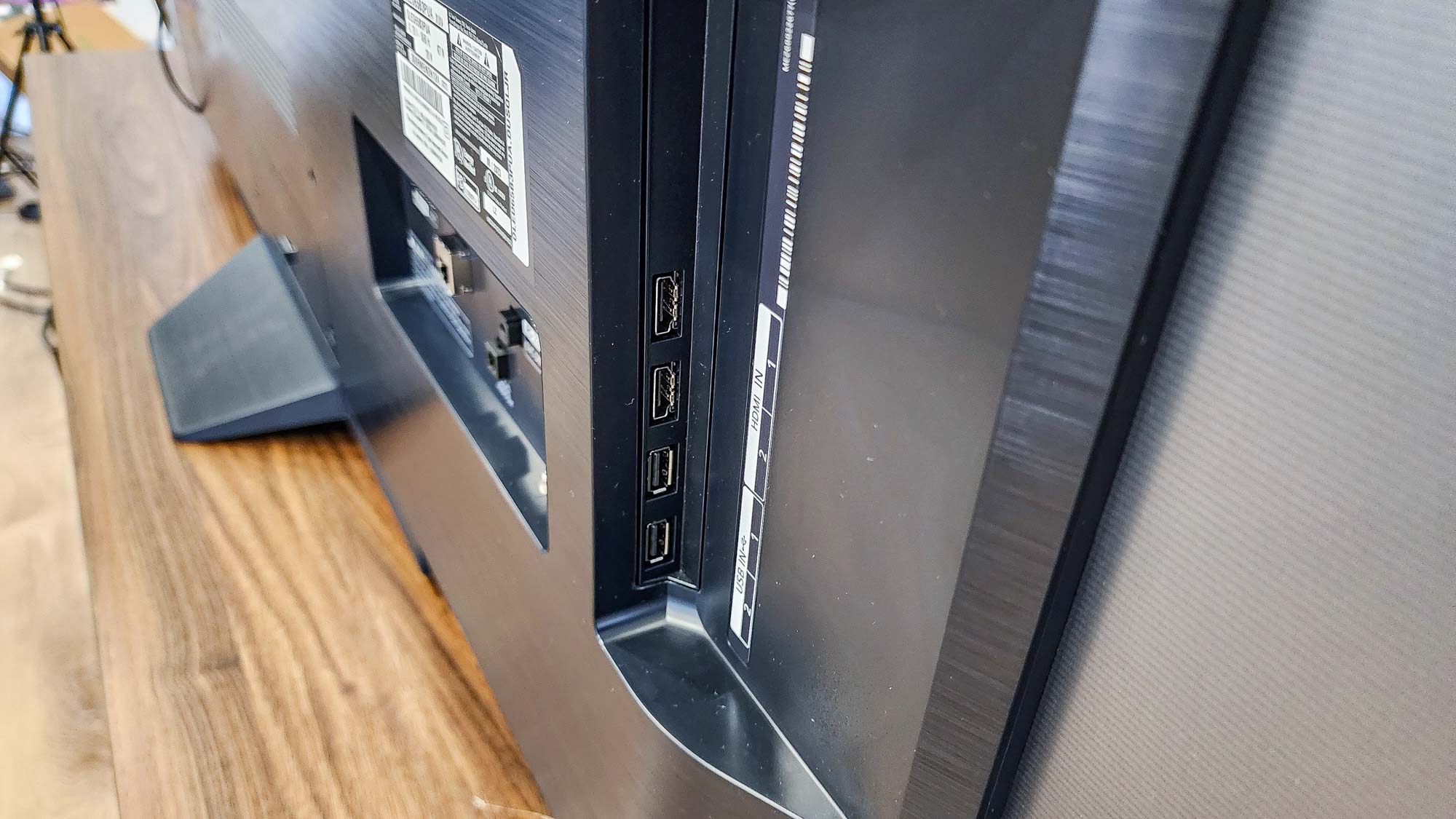
Both LG B models have similar overall looks. These are slim TVs with tight bezels and light builds that make them easy to set up even just by yourself. An interesting note is that the B4 OLED introduced a new 48-inch model, but it's only available outside of the US — which is quite the bummer for those who may want to copy me and switch their PC monitor with an LG TV.
LG also made an upgrade with the chip that process video on the LG B4, kitting it out with the Alpha 8 chipset as opposed to the LG B3 OLED' Alpha 7-6. To be clear not even the LG C3 OLED uses the Alpha 8 as it comes equipped with the A9, but it's still a boost in quality — if only slightly.
We'll get into performance a bit later, but when it comes to general specifications there's not much of a huge gap here. The B3 and B4 share the same 120Hz refresh rate on a WOLED panel with just two HDMI 2.1 ports (and two base 2.0 inputs, as well).
Get instant access to breaking news, the hottest reviews, great deals and helpful tips.
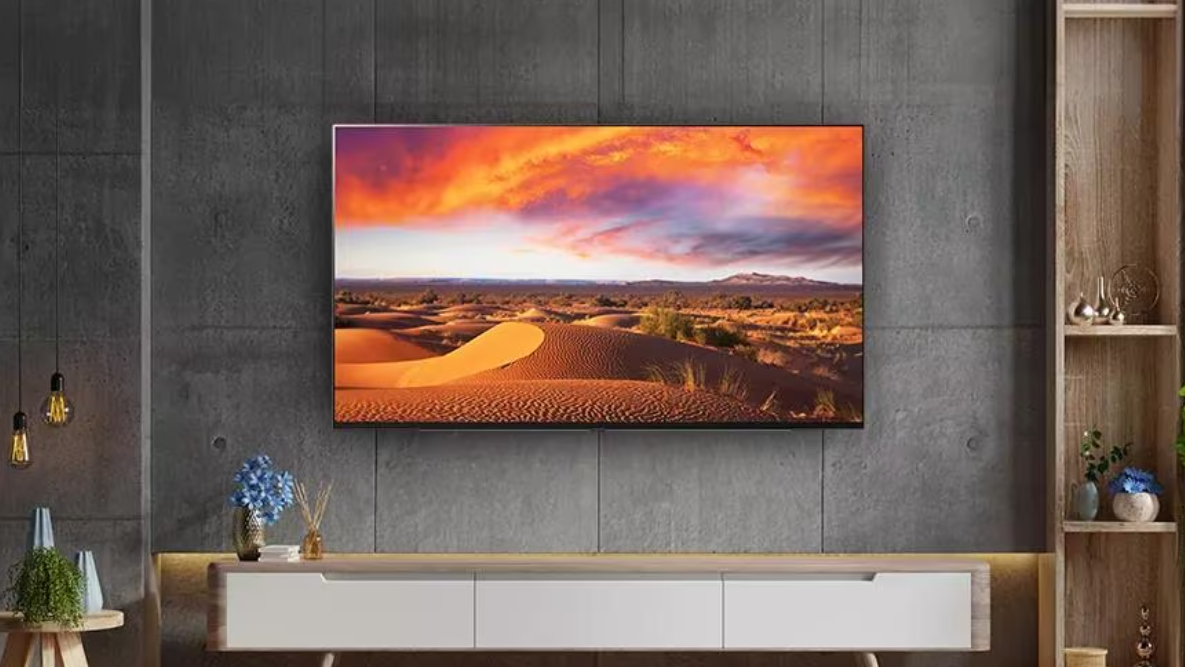
This makes both the B4 and B3 prime budget OLED displays for the console gaming crowd. Just bought a PS5 Pro? These are the ones you might want to be looking at as they offer a Game Optimizer and dashboard with both AMD FreeSync and Nvidia G-Sync compatibility. That's just enough performance potential to qualify as worthy upgrades for modern consoles.
The B3 and B4 also have the same speaker specs with a 20W power output on a 2-channel system. Not a whole lot of firepower here, though they both do have Dolby Atmos support, which means you'll wan to snag one of the best Dolby Atmos soundbars. There's ATSC 3.0 tuner is a bit of a bummer, but at least NextGen TV's 4K broadcasts are still a bit of a ways away before full realization.
And like most of their specs, the B3 and B4 also mirror each other with the same HDR certifications that range across HDR10, Dolby Vision IQ, and HLG. LG skipped out on HDR10+ on both displays, but I think that's fine given their price points.
LG B4 OLED vs LG B3 OLED: Price
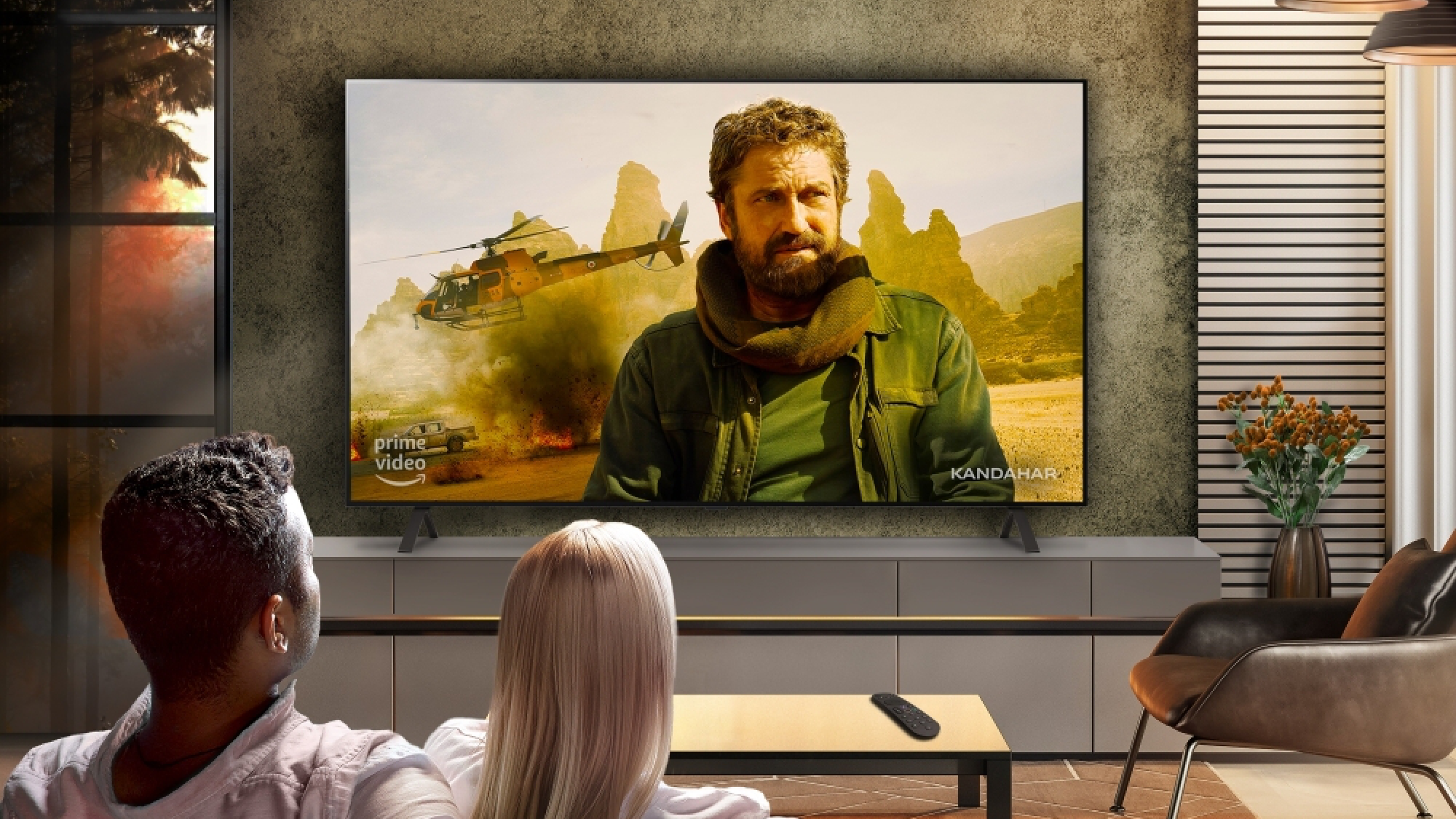
The LG B3 OLED starts at $1,239 for its 55-inch mode, whereas the B4 OLED goes for $1,296 in the same configuration. Amazon even has the B4 slashed down to $1,196 right now, currently making the newer model even cheaper than its predecessor — which is pretty telling in their value propositions.
It's also worth noting that the B3 OLED is no longer for sale at Best Buy, though Amazon is carrying it for now. But before you bust out the checkbook, let's see how these OLED TVs fare in the performance category.
LG B4 OLED vs LG B3 OLED: Performance
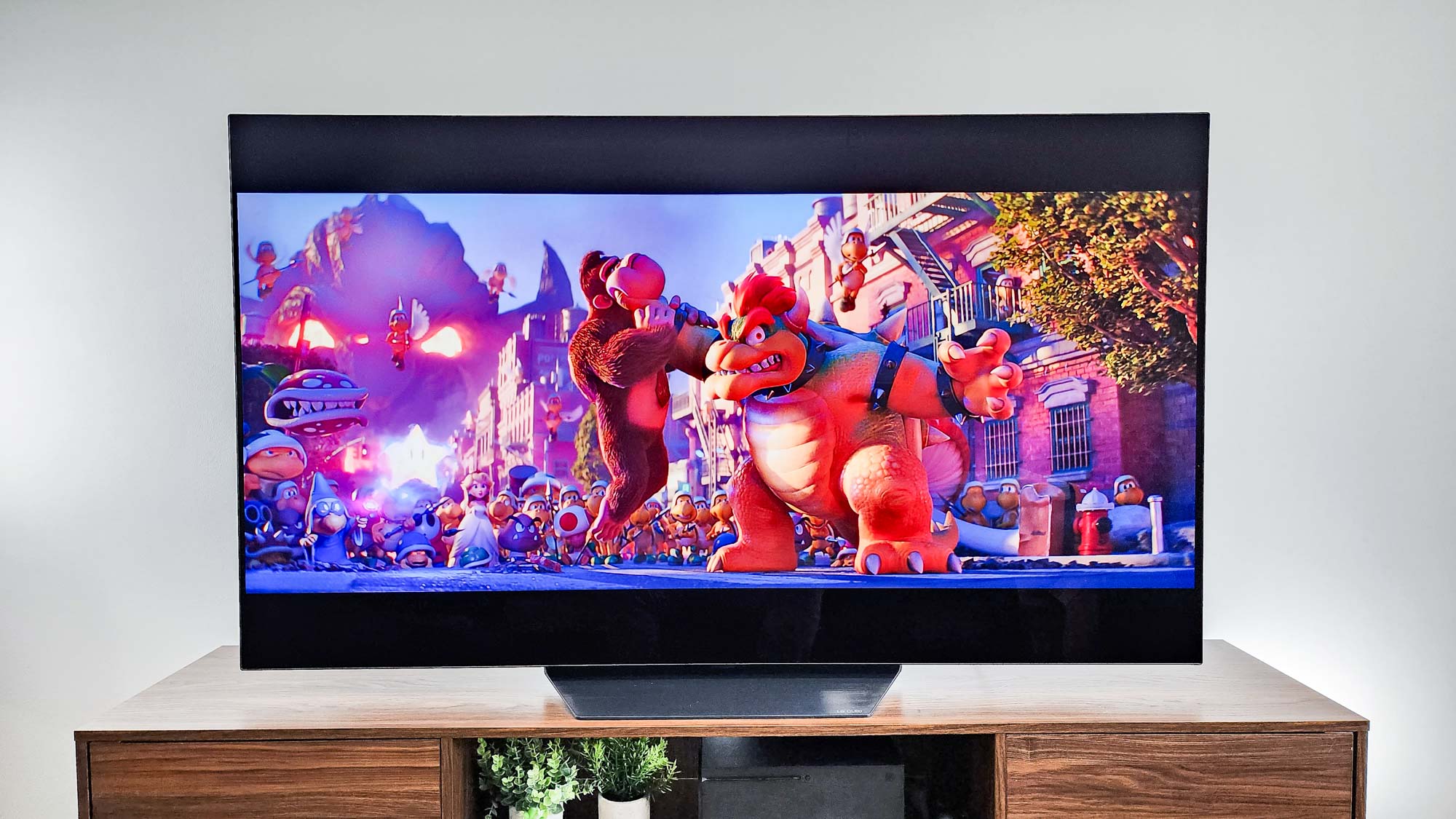
The LG B3 OLED ranked just as high as the LG C3 OLED in our official review. It got a particularly high brightness spec at 635 nits in a 10% window — which might not sound like much but is quite high for an OLED TV, especially at this price point.
However, the B4 OLED offers a higher 641 nits with HDR content, compared with 625 for the B3 OLED.
| LG B4 | LG B3 | |
| SDR Brightness (10%, in nits) | 617 | 635 |
| Rec. 709 Gamut Coverage | 96.9165 | 98.5868 |
| HDR Brightness (10%, in nits) | 641 | 625 |
| UHDA-P3 Gamut Coverage | 99.39 | 99.03 |
| Rec. 2020 Gamut Coverage | 76.53 | 73.85 |
| Input latency (milliseconds) | 9.7 (Game Mode) | 10.1 (Game Mode) |
The standout spec here, though, is the low input latency. The B3 OLED sits at 10.1ms while the B4 OLED hits 9.7ms, giving it a slight edge over its predecessor. The visual quality won't make too much of a difference, but if you want the best possible gaming performance it's the B4.
It's interesting though that the B4 isn't as grand as its counterpart in terms of SDR brightness and color accuracy. In our initial testing the B4's 4.9 Delta-E score was rather high. A score of 0 is perfect and the B3 hit 1.9, but we're going to retest before we do our final review.
The B4's Rec709 color gamut score is slightly edged out by the B3 OLED, but the B4 turned in the higher score in two other color tests. Actually, our biggest gripe with the B3 was its sound quality, which can be amended with a cheap soundbar.
All in, the B3 is still a good performer. And if you're worried about having to deal with a slightly outdated webOS platform, think again. LG is rolling out free software updates for 2023 TV users, meaning you'll get the B4 interface on the B3 with all its slightly more improved specs to boot.
But the B4 has better HDR brightness and gaming performance.
LG B4 OLED vs LG B3 OLED: Bottom line
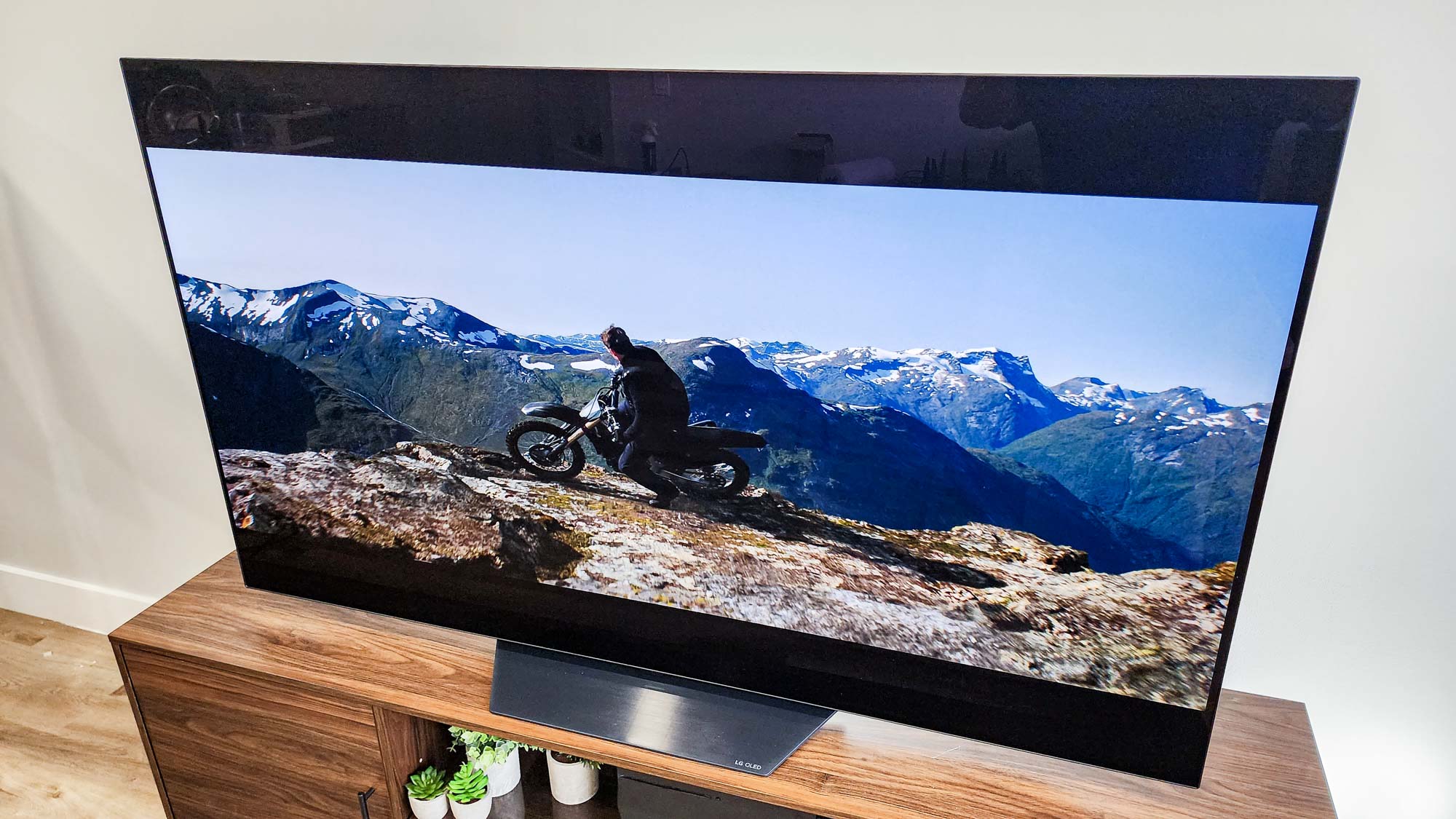
The LG B4 OLED's test results are better than the B3 OLED in some categories but not all. But the B4 OLED has a more powerful chip, better HDR brightness and a faster response time for gaming.
Most importantly, the B4 is currently discounted, so it's almost a no-brainer to get this OLED TV over the B3 when it's on sale. But if you can get a deep discount on the B3 OLED it could be worth a look.

Ryan Epps is a Staff Writer under the TV/AV section at Tom's Guide focusing on TVs and projectors. When not researching PHOLEDs and writing about the next major innovation in the projector space, he's consuming random anime from the 90's, playing Dark Souls 3 again, or reading yet another Haruki Murakami novel.
